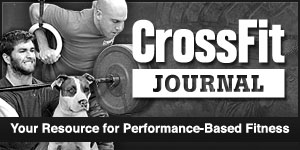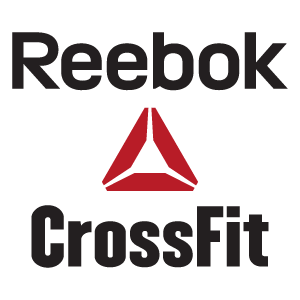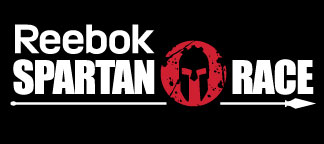Why would you want to slow down when in the sport of CrossFit everything is done as fast as possible?
Well, slowing down or even pausing a movement can be very useful. It can help athletes to get a better understanding of the movement, and it allows athletes to train movement pathways and positions they might not perform very well otherwise (or even skip).
Really the only time you should be training a movement for speed is if you can perform it well, aka technically clean and proficiently.
Trying to move fast when not moving well will usually result in a waste of energy and time. Therefore you are inefficient.
Slowing down Gymnastics
Butterfly Pull-ups
Remember how butterfly pull ups looked in the early days of CrossFit? A big movement, legs spread, knees bent and – especially with increasing fatigue – the timing of kipping and pulling a bit off. Not pretty…
However with the evolution of the sport, butterfly pull ups are now the efficient standard. They are a smooth, advanced movement, and even commonplace in gyms all over the world.
For an efficient butterfly pull up the movement amplitude has to be kept small. The body understood in the context of one unit, able to move as fast and efficiently as possible.
A very useful drill can be to pause at the top and go down in slow motion focusing on a tight “long” arch position with legs straight and together instead of spread and bent, the “Eccentric Butterfly Pull-Up”
However not only in gymnastics is slowing down useful.
Slowing down Weightlifting
Think of pausing in the receiving position of a power clean or power snatch. A good strong receiving position can be the difference between making and not making a lift.
However the receiving position is often rushed when people start Olympic lifting. Therefore adding forced pauses into these positions can help secure the lift.
Also, adding a pause at the receiving position is the easiest way to teach the body how this position feels and to control the weight in this position before standing the weight up and completing the lift.
In your warm up, simply adding a pause of 3 seconds can help enormously.
Even slowing down Mono-structural work can have benefits:
Rowing
A lot of athletes struggle to row efficiently and with an appropriate power output when asked to row with a low stroke rate. However, this is mostly because their technique is off which then becomes obvious when it can’t be compensated by speed.
A great way to reinforce good technique on the rower is being forced to row at a lower Stroke Rate, for example rowing 2km at a Stroke Rate of 18 will really highlight if your rowing technique is on point or not.
In the Progrm we integrate this type of work directly into our programming to make sure our athletes are moving as efficiently as possible, however which movements do you need to slow down?
Article by Gwen Sona, Progrm Coach.


 @gwendolinsona
@gwendolinsona 








